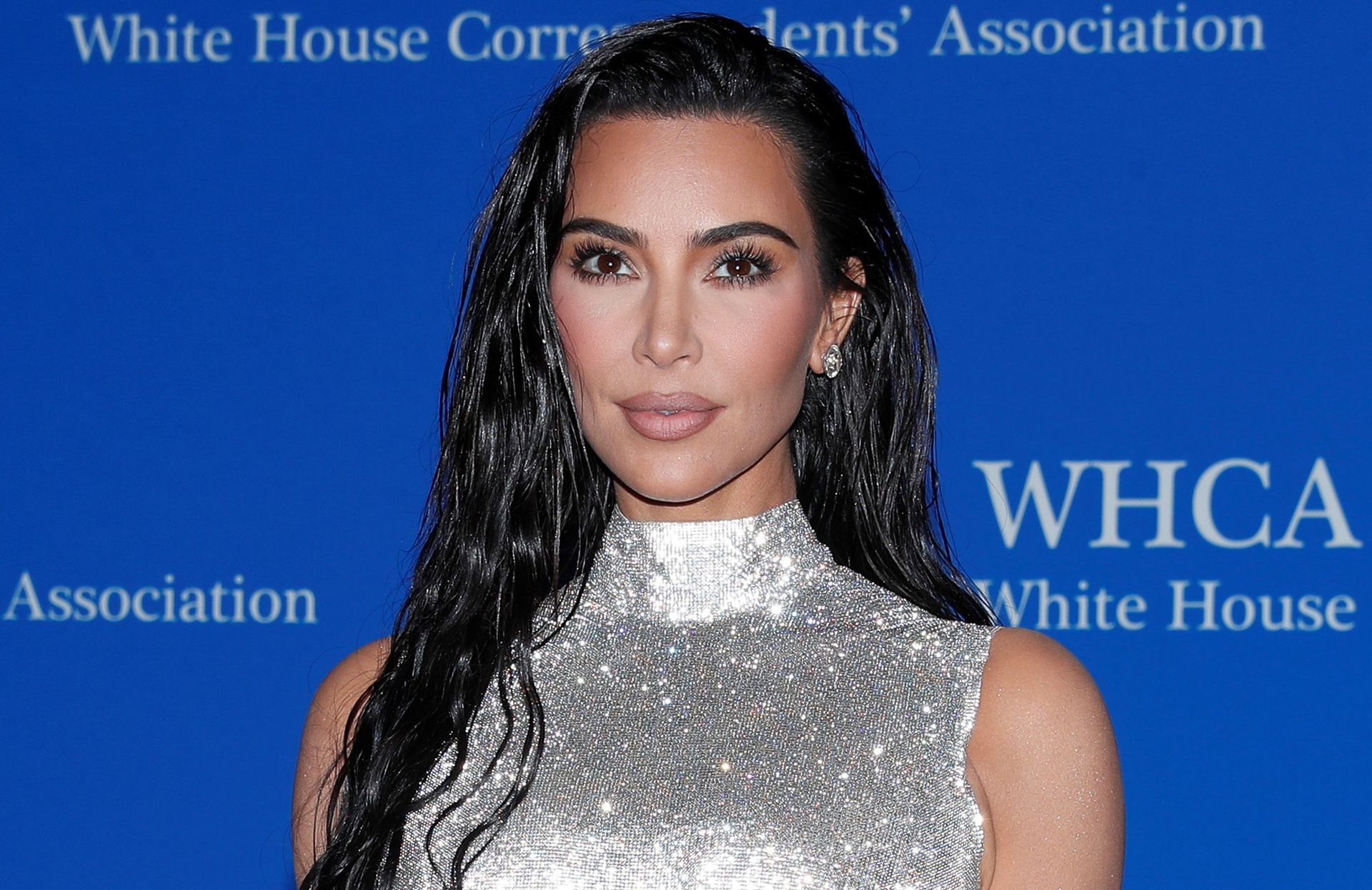Proofreader’s Note: Emily Parker is leader head of worldwide substance at CoinDesk, a media, occasion, records and information organization, and a previous strategy consultant at the US State Division and essayist/manager at The Money Road Diary. She is the creator of “Presently I Know Who My Friends Are: Voices From the Web Underground.” The conclusions in this analysis are her own. Peruse more assessment at CNN.

On Monday, the Protections and Trade Commission reported that it commonly charged Kim Kardashian for advancing a crypto resource, EthereumMax, on Instagram without unveiling that she was paid to do as such. Kardashian has consented to pay an almost $1.3 million fine and to not advance any digital currencies for a very long time, the SEC said.
This case mirrors a lot bigger issue in the crypto business: Big names are capitalizing on their leverage to advance digital forms of money, a famously mind boggling and hazardous resource class, which can lead individuals to put resources into coins or undertakings that they may not comprehend.
While the SEC pursued Kardashian for not uncovering installment for advancement, it likewise clarified that it believes EthereumMax to be a security. Protections accompany a severe arrangement of rules, intended to safeguard financial backers. This ought to motion toward famous people and other crypto advertisers to really reconsider offering out what has all the earmarks of being monetary guidance to an expansive area of purchasers.
Kardashian isn’t the primary superstar to cross paths with the SEC: Floyd Mayweather Jr., Steven Seagal and DJ Khaled likewise paid fines for their crypto advancements.
Yet, other crypto-related VIP supports, while not unlawful, are as yet disputable. Take Elon Musk’s tweets supporting dogecoin, a Shiba Inu-themed digital currency. Then there was Matt Damon’s advancement of the crypto trade stage Crypto.com. Or on the other hand Larry David’s Super Bowl promotion for crypto trade FTX recommending you were tragically disappointing on the off chance that you didn’t put stock in crypto. There have been such countless VIPs advancing non-fungible tokens, basically stand-out computerized resources, that keeping track is difficult.
This isn’t typical. It’s a lot more extraordinary to see high-profile famous people giving out monetary guidance about additional conventional resources like stocks. “In the event that a VIP advanced an irregular stock, would you get it?” Neeraj Agrawal, correspondences chief at the digital money strategy think tank Coin Center, told me. “Since it’s crypto, you shouldn’t toss all reasonable level of effort through the window.”
Digital currency is a quick industry, and controllers still can’t seem to make up for lost time. New coins and tasks are continually springing up, in some cases without adequate admonitions about the dangers of effective money management. One could contend that digital currencies overall are generally opinion driven resources, in that their cost is resolved less by basics and more by aggregate faith in their worth. This can make online entertainment a possibly strong driver of costs. A few media reports have credited developments in bitcoin’s and dogecoin’s cost to explicit Musk tweets, for example.
This feeling driven lunacy was especially remarkable last year during the positively trending market crypto free for all, where much venture appeared to be driven more by dread of passing up a great opportunity than sober examination. Crypto bank Celsius and stablecoin TerraUSD (UST) are only two instances of at last bombed projects that enticed financial backers with the charm of significant yields. Celsius declared financial insolvency insurance, and UST, which should exchange at $1, saw its cost drop far lower than that. In the mean time, the once blasting hot NFT market has experienced a breakdown in costs this year.
In such a quick changing and confounding business sector, how would you recognize champs from failures? It’s not difficult to envision how a certain tweet by a superstar could fundamentally affect another financial backer.
The issue of superstar supports won’t be settled by the SEC rebuffing each powerhouse who tweets flippantly about crypto. “They must be particular in that their assets are restricted,” Agrawal said. “Pursuing everyone is unthinkable. By pursuing the greatest name, it would make perfect sense if this is an admonition shot that is generally heard by the superstar local area.”
In that sense, Kardashian helped out for the digital currency industry. Such a high-profile model could make different famous people really reconsider pushing a token via online entertainment.
“I really do figure individuals will be more cautious now,” previous SEC branch boss Lisa Braganca told me. “This is the manner by which the SEC addresses the world. At the point when they get out there and make their enlightening recordings, it has significantly less effect. It makes significantly less commotion than while they bring a requirement activity.”
An improved answer for this issue would be assuming financial backers did their own exploration prior to emptying their reserve funds into crypto, while requesting that crypto organizers be more straightforward about the innovation and funds behind their ventures. Until further notice, however, we can simply trust that this SEC activity will ask VIPs to show more restriction in offering monetary guidance to their devotees. Assuming that occurs, the crypto business will have Kardashian to thank.
Also Read: With Bitcoin earn passive crypto income




















Leave a Reply